Anyone who has ever been involved in a serious auto accident can probably still describe how it felt, smelled and sounded even years later. Few things compare to the experience. The sounds of metal crunching and glass breaking, the smell of antifreeze, oil and gas, and the feeling of the impact violently throwing you around the vehicle tend to stay with you.
Under these circumstances, suffering from post-traumatic stress disorder is not uncommon. If you recently survived a serious auto accident, you may think your current state of mind will go away on its own since, right now, the trauma remains fresh in your mind. Unfortunately, that may not be the case.
You could suffer from PTSD for some time
The problem with experiencing a trauma such as this is that you may not be prepared for things that can trigger you to relive the event, even subconsciously. You could suddenly feel anxious, your heart could race and you could experience a hyperactive sense of awareness and not realize why. It’s normal to expect these reactions in the immediate aftermath of the crash, but when they persist, you may want to seek help. In the meantime, you could watch for symptoms such as those listed below:
- Flashbacks of the event
- Feeling of detachment from family and friends
- Nightmares of the event
- Emotional numbness
- Emotional distress as a reaction to reminders of the crash
- Loss of interest in previously enjoyed activities
- Physical reactions to reminders of the crash
- Always feeling “on guard”
- Trouble sleeping
- Actively avoiding thoughts about the event
- Easily frightened or startled
- Actively avoiding places, people or activities that remind you of the event
- Trouble concentrating
- Angry outbursts or other aggressive behavior
- Irritability
- Self-destructive behavior
As you can see, PTSD can manifest in a variety of ways depending on the person, and this isn’t even a complete list. This can make it difficult to diagnose yourself. Instead, if you just don’t feel like yourself, or people who know you well say that you are not yourself, you may want to seek help. PTSD can become so debilitating that you can’t work. It could turn into physical ailments that plague you for years.
If your doctor diagnoses you with PTSD in the aftermath of a serious auto accident, support is available. You may also be able to obtain compensation for it, along with your other injuries and damages, through a personal injury claim against the at-fault party or parties. This could at least help alleviate the stress brought on by financial losses associated with the crash.

